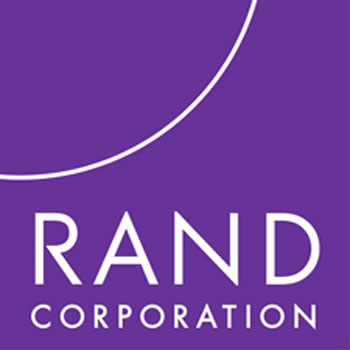 Although, some officials have thought that the MeK might potentially provide useful intelligence information regarding Iran, no members of the group were detained on the basis of their having intelligence value. (27)
Although, some officials have thought that the MeK might potentially provide useful intelligence information regarding Iran, no members of the group were detained on the basis of their having intelligence value. (27)
Nearly all were classified “release-eligible.” In other words, the board determined that, whatever their legal status, nearly no MeK members presented a threat sufficient to justify detention. (28)
Ironically, so long as the May 10, 2003, consolidation agreement remained in force, the MeK would remain at Camp Ashraf, meaning that “release” would have the same practical effect as assigned residence, which is a form of detention.
No decision had been made regarding the disposition of the MeK after battle or the then-anticipated rapid withdrawal of coalition forces from Iraq, except that they would not be sent to Iran for fear that they might be persecuted and that repatriating them would be a “gift” to the IRI. In those early days, the only mission guidance that JIATF officials received was to gather information on each MeK member.
There had been no strategic planning in terms of how to handle the group after combat ceased. Both the National Security Council and the field command staff, which faced staffing shortages, analyzed the problem; finding no solution (but refusing to consider repatriation to Iran), they opted for the status quo of holding the MeK at Camp Ashraf, providing security, maintaining calm, and doing nothing to break up the group.(29)
27. The CIA unsuccessfully attempted to persuade some MeK leaders to leave the group and provide intelligence information about Iran (interview with a JIATF interpreter, January 2008). This effort was both futile and unnecessary; since 1981, MeK leaders have offered intelligence of inconsistent value to Western governments.
Although maintaining the MeK as a possible proxy force in a regime change mission may have appeared reasonable to some U.S. policymakers and analysts in 2003, MNF-I’s heightened understanding of the MeK, its operations, and its cult practices have shown that the group would offer limited operational value and questionable intelligence value.
28. Former MeK members were housed at the TIPF according to the voluntary internment provision of the Fourth Geneva Convention, not as security threats.
29. Interviews with JIATF, Coalition Provisional Authority (CPA), DOS, and former White House staff members, October 2007 and January and February 2008.
